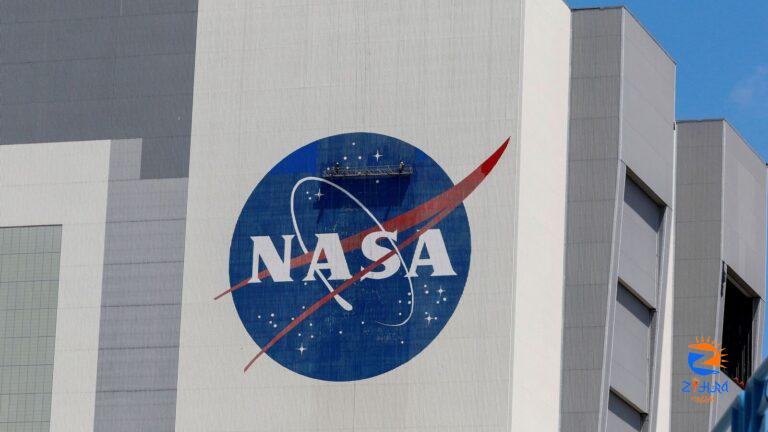
[ad_1]
The National Aeronautics and Space Administration (NASA) has shared updat on the first crewed launch of Boeing’s Starliner spacecraft to the International Space Station (ISS). The US space agency said that the launch has been delayed again, further adding that June 1 is now a possible new liftoff date. This was the third delay of the first astronaut launch which was set to take Butch Wilmore and Suni Williams for a week long visit to the ISS.
In a statement released by NASA, it said, “The teams are now working toward a launch opportunity at 12:25pm ET on Saturday, June 1, with additional opportunities on Sunday, June 2, Wednesday, June 5, and Thursday, June 6.”
NASA and Boeing are targeting June 1 for the company’s first crewed launch of its Starliner spacecraft as engineers investigate the cause of a helium leak and examine how it could affect crucial parts of the mission, the agency said.
Steve Stich, manager, NASA Commercial Crew Program said, “There has been a great deal of exceptional analysis and testing over the last two weeks by the joint NASA, Boeing, and ULA teams to replace the Centaur Self Regulating Valve and troubleshoot the Starliner Service Module helium manifold leak.”
Earlier this month, the Starliner launch was postponed just hours before liftoff, with the astronauts already strapped in, due to a separate technical issue. Then last week, another delay was announced to allow teams to further assess a helium leak linked to the service module, which sits on top of the rocket.
“Work continues to assess Starliner performance and redundancy following the discovery of a small helium leak in the spacecraft’s service module”, the space agency said in a statement.
The postponements come as the Starliner program faces years of delays and at a challenging time in general for Boeing, which is separately facing safety questions around its commercial aviation arm.
For NASA, the success of the Starliner mission is pivotal in certifying a second commercial vehicle for ferrying crews to the International Space Station. SpaceX, under Elon Musk’s leadership, achieved this milestone back in 2020 with its Dragon capsule, effectively breaking nearly a decade-long reliance on Russian rockets post the Space Shuttle program’s conclusion.
(With inputs from AFP, Reuters)
You are on Mint! India’s #1 news destination (Source: Press Gazette). To learn more about our business coverage and market insights Click Here!
Download The Mint News App to get Daily Market Updates.
Published: 23 May 2024, 08:48 AM IST
[ad_2]